Why a 45 minutemanicure is most definitely good for you
Why a 45 minute manicure is most definitely good for you
These days, everybody is ‘busy’ – busy working, exercising, socialising, saying ‘I’m busy’ to anyone who’ll listen. With so much going on, squeezing in me-time sometimes feels like an extra thing for the to-do list. The one thing we do seem to make time for? Hair & beauty treatments – with 86% of Treatwell customers booking manicures for ‘maintenance’, not relaxation.
That nugget of (gloomy) intel inspired the launch of Treatwell’s Mindful Mani campaign – encouraging nail-lovers to use that 45 minute manicure slot for a little mindfulness. They’re on a mission to swap hectic habits like scrolling emails in the salon chair, for calming, mindful practices. Think soothing music playlists and practical podcasts – the silent treatment, if you will.
Treatwell have teamed up with expert psychologist Suzy Reading, to explain exactly what mindfulness is and why it’s something we should all add (not just squeeze-into) our everyday routine. Tapping out of frantic schedules and plugging in to a soothing environment, at the salon. With Suzy’s wisdom and a long list of participating Partners, Treatwell are on a mission to ease our stress, one manicure at a time.
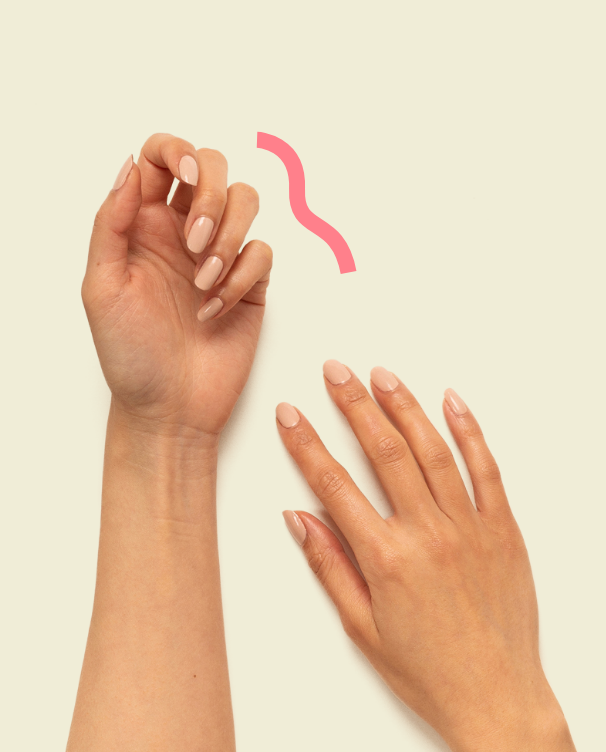

Everyone agrees on the importance of self-care but in reality it can be hard to make it happen. We all value our emotional and mental wellbeing just as much as our physical health but if you feel like life is just too busy, you’re not alone. We have some good news for you, there is a way that we can embed self-care into our daily lives in no extra time at all… and we will show you how to get the most out of the precious time you carve out for yourself.
But first, let’s get clear on what self-care is,
because while it’s on everyone’s radar,
it’s a bit misunderstood.
There is a good reason for that confusion – what appeals to one person might not resonate with the next and even our own individual needs keep changing. These misperceptions, like self-care is selfish, that it’s just a fad, or that it’s wellbeing gone mad, drop away in an instant when we define self-care and take a look at its roots.
The mantra is: self-care is health care. It is taking care of ourselves head, heart and body. But to help us identify the true act of self-care, we need to add more to this definition. Self-care nurtures us in the moment and also tends to the person that we are becoming, our ‘future self’. It is all about life-giving habits that help us feel good right now without sabotaging how we feel down the track. That’s what makes it a bit of an art form but with practice, this is something we can all master.
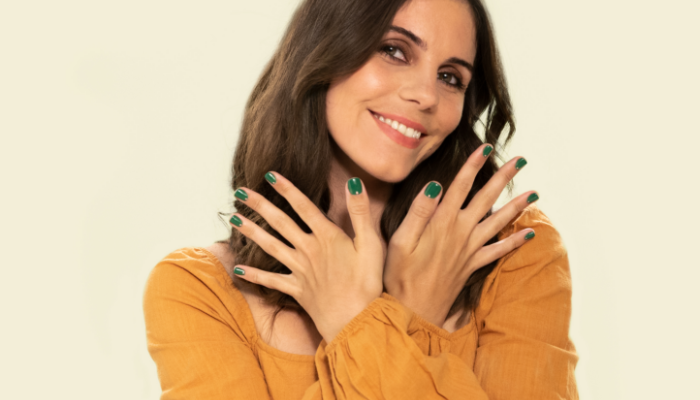
There is nothing new about self-care. Yes, it’s a buzz word right now but it’s been around for decades. It was first used in the context of workers in high stress roles, people like surgeons and counsellors. More recently it has come to a broader awareness because as a society we are talking more openly about mental health. With the advent of ‘Positive Psychology’ in the late 90’s, the study of what makes life worth living, there has also been an explosion of research into the building blocks to wellbeing - so there is nothing fluffy about this stuff. It is steeped in research and as a result we are learning a new skillset in how to boost our mental health and emotional wellbeing.
Self-care is not a ‘nice to have’ it truly is a non-negotiable. Without our health, what do we have? It’s necessary to brush our teeth, to feed our bodies and it’s a regular part of life to exercise, we need to pay the same attention to our minds. We all need self-care to help us weather the stress and demands of everyday life. We need it to help us recover from not only the daily grind but bigger upheavals which we inevitably face from time to time. We are wise to engage in regular self-care as a protective buffer against the next curve ball too because it’s not just the tough stuff like illness and conflict that can floor us, it’s things we aspire to, like having children, scoring a promotion, or buying a house that can be just as taxing energetically. It’s more than just navigating stress though, think of any goal you want to achieve or any quality you’d like to possess and you are more likely to succeed when you are well nourished. Self-care gives us access to our best self and that really is a win win. If we have little ones, this is how we raise resilient and compassionate kids, by modelling healthy, life-giving choices and when we engage in them together, we boost the health of our family unit itself. When we look at the benefits of self-care I’m sure we’re all nodding even more vigorously now, but how do we actually do it? A long list of nourishing activities won’t be enough. Next we need to break down the real barriers that stand in our way. The barriers of time, energy, expense, knowledge and the biggie – guilt.
We’re going to take a look at 5 simple ways we can make self-care part of daily life. Those strategies will show you that self-care needn’t take much time at all, it needn’t take any energy and it can be super cheap too. Guilt, though, that’s a more tenacious creature. When we identify our own personal ‘Why’ of self-care, that’s when guilt slips from our shoulders a little and we can take nourishing action in the face of it.

Take a moment to reflect
on these questions:
Take a moment
to reflect on these
questions:
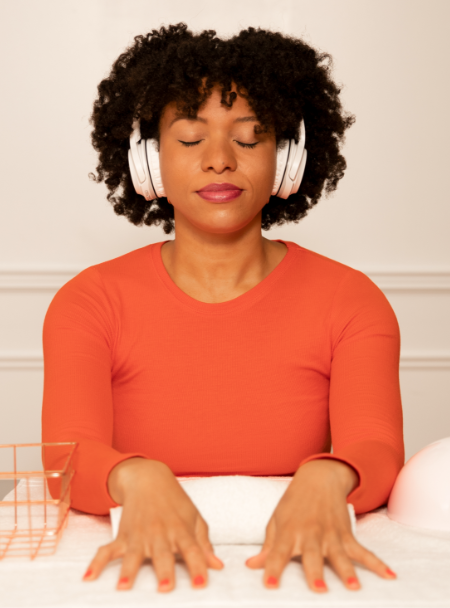
Describe yourself when you are feeling frazzled, fatigued and fed up, how does that shape your behaviour and choices, how does that impact on your life and on those closest to you? On the other hand, describe yourself when you’re well-nourished and reflect on how that affects your mood, your decisions and how you navigate your day. Think about how you want to show up in this world, the things that are most important to you. You are more likely to be that person when you’ve topped up your energy bank with self-care. We are all kinder, more resourceful and effective people when we have nurtured ourselves. Guilt can do one.
So how can we create the self-care habit? It is like a muscle, with training our ability to nurture our wellbeing grows. Mindfulness lies at the core of this.

What is mindfulness?
Just like self-care, mindfulness seems to be having a moment now too, but there is nothing new about it! It has ancient roots but was brought to the west in the 70’s as a stress management technique. If we want to live with a sense of peace and ease, mindfulness is an essential concept to embrace. Mindfulness is paying attention to the present moment – what’s happening in the world around us and what is happening within us. Rather than flipping back to the past or worrying about the future, mindfulness anchors us in the ‘now’. It is noticing without judgement, our feelings, thoughts, sensations and memories, and the events unfolding outside of us. It is like seeing the world with fresh eyes, allowing us to connect with life as it happens, helping us choose how to best respond.
At the same time, this focus needs to be coupled with acceptance and compassion. It is observing that this is the way things are right now, whether we like it or not, while extending kindness towards ourselves. When we get lost in inner chatter or judgement, we have lost touch with the present moment. That’s not to say that we have to be mindful all the time. There is a time for day dreaming and there is even a time for worry! Mindfulness gives us back control, allowing us to choose where we direct our attention.
Often it is our judgement of what’s happening right now that creates tension – giving ourselves grief for feeling or thinking a certain way or feeling like this shouldn’t be happening. Mindfulness is seeing things the way they are, not denying it or wishing it away, because after all, it IS happening, whether we want it to or not. Mindfulness gives us the space to acknowledge our feelings and to determine what lies within our control. Rather than operating on automatic pilot, mindfulness opens you up to experiencing life more fully – relishing the joyful moments, not wasting them with divided attention, and helping you to get through challenging times with less stress.
What does mindfulness have to do with self-care? Mindfulness is a powerful stress-busting technique in itself, helping us manage our thoughts and emotions, but it also lies at the heart of self-care. A mindful check in allows us to clearly observe our needs and take swift, targeted action to bring us back to balance. Mindfulness is also a core skill that we build other mood boosting practices upon like gratitude, compassion and kindness. If we want to cope better with life and if we want to flourish as individuals, mindfulness is key.

Try these 5 strategies:
‘Mini Moments’. It is lovely to take a whole hour out of our day but we can experience great benefits from as little as a minute! Start by dotting your day with tiny mini moments of nourishment and you will soon notice the cumulative effects. There is no one-size-fits-all approach here. Write down your own toolkit of mini mindful rituals and make sure you check in a few times during your day. It can be a simple stretch for your body, it might be noticing something uplifting like the scent of your coffee, or it can be repeating a mantra to keep your mind anchored. If you’re feeling tired, it might be using a scent you love, a piece of music to lift your mood or just watching the moving cloudscape for 30 seconds. Whenever you need a lift, wherever you are, engage in a mindful moment of your choosing.
Daily rituals. Self-care needn’t be something extra added to your day, turn everyday actions into a soothing ritual. Think about the things you are already doing and bring to them presence and tenderness - take a mindful shower, noticing the scent, the warmth, feeling cleansed and relaxed by the water dropping from your shoulders. You can give the same attention to how you apply your moisturiser and make up, the way you eat, or even how you talk to yourself.
Healthy habits. If you keep forgetting about self-care, try ‘piggybacking’. Identify things that naturally happen in everyday life and piggyback it with something soothing. It can as simple as a tenderly massaging in some hand balm after a trip to the loo. It could be a single yoga pose while the kettle boils. When you’re driving and reach a red light or if you’ve just hit ‘send’ on an email, enjoy a few relaxed breaths. Feel the expansion of your inbreath and surrender to the release of your outbreath, softening your jaw and dropping your shoulders.
Mindful chill out. Rather than frittering away precious downtime with a brain fade in front of the telly or scrolling on social media, take a moment to check in with how you’re feeling and actively choose something that genuinely meets your needs.
Make an appointment with you. We all know how much better we feel when we give ourselves the gift of time. It doesn’t happen on its own, so give your wellbeing the priority it deserves and carve out time by scheduling it in. We can all find 45 mins to nourish our mental wellbeing in our week. Modern life is so full on and fast paced that we need that time and space to unplug and unwind. Little moments through our day keep us ticking over but taking longer periods of time for self-care allows us to properly decompress and return to our day with much greater energy, optimism and clarity.
We hope you feel empowered with lots of fresh, accessible ideas on how to bring self-care into everyday life. Be on the lookout for those moments of calm throughout your day. Use the power of mindfulness to truly savour your nourishing practices, maximising their effectiveness, and feel stress drop from your shoulders, wherever you are.
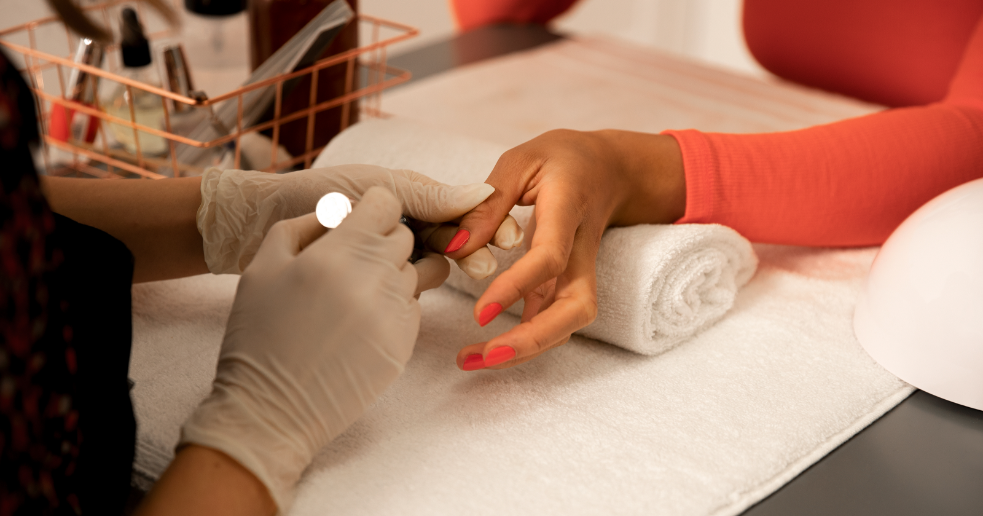
Suzy Reading
Suzy Reading
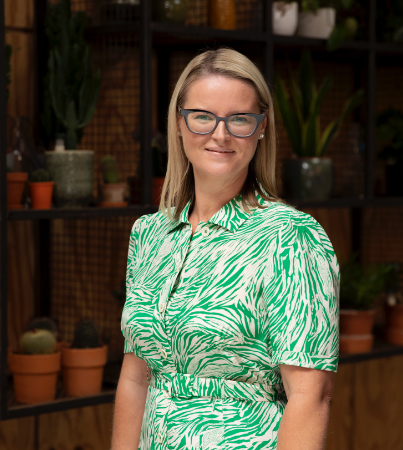
Suzy is a mother of two, a Chartered Psychologist, Yoga Teacher, and Health Coach. She specialises in self-care, helping people manage their stress, emotions, and energetic bank balance. It was her life experience of motherhood colliding with the terminal illness of her father that sparked her passion for self-care which she now teaches to her clients, young and old, to cope during periods of stress, loss and change and to boost their resilience in the face of future challenges. Suzy is on the editorial board for Motherdom Magazine, the Psychology Expert for wellbeing brand Neom Organics and is a founding member of the ‘Nourish’ app. She figure-skated her way through her childhood, growing up on the Northern Beaches of Sydney, and now makes her home in hills of Hertfordshire, UK. Her first book ‘The Self-Care Revolution’ published by Aster came out in 2017, 'Stand Tall Like a Mountain: Mindfulness & Self-Care for Children and Parents' and 'The Little Book of Self-Care’ are both hot off the press.



